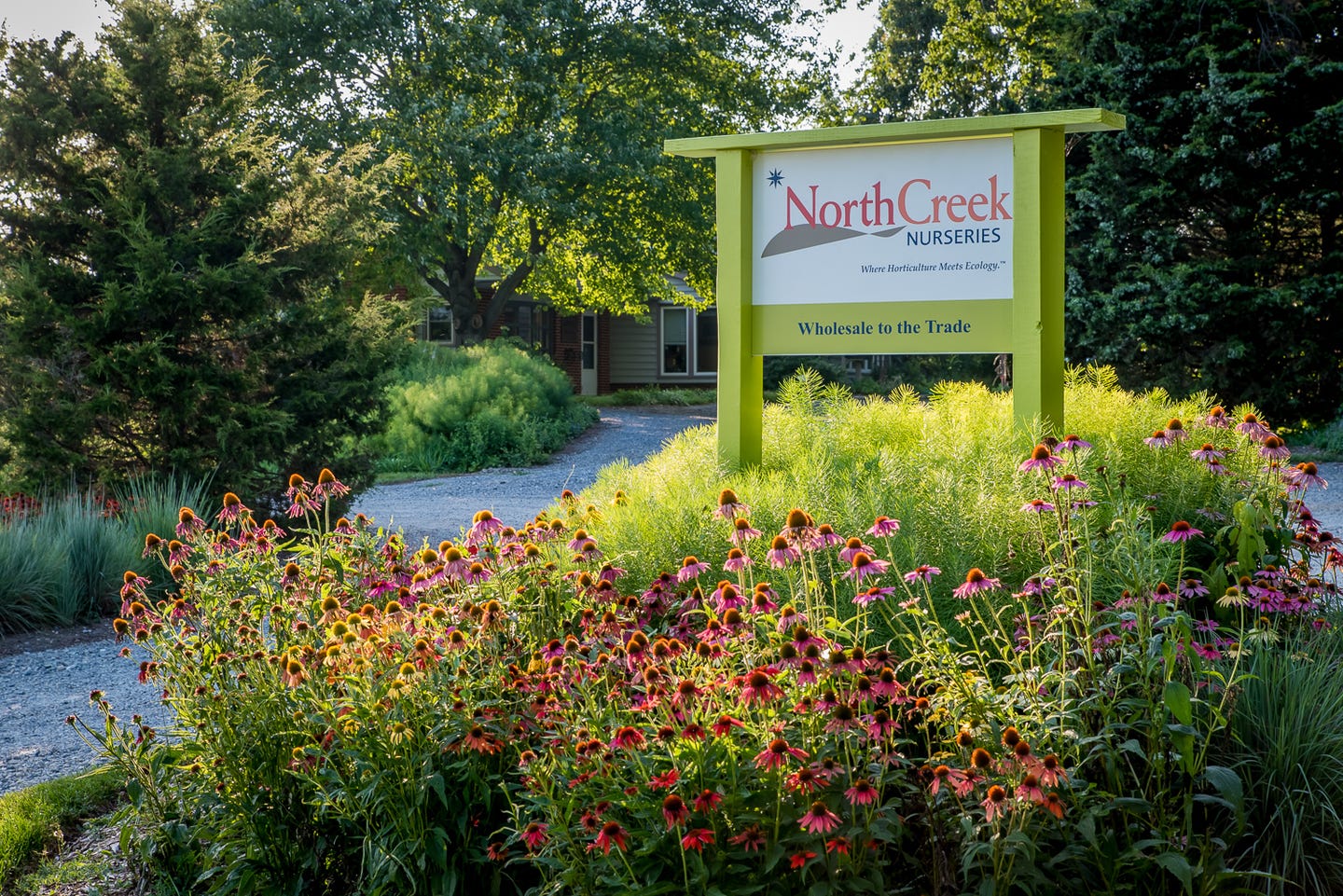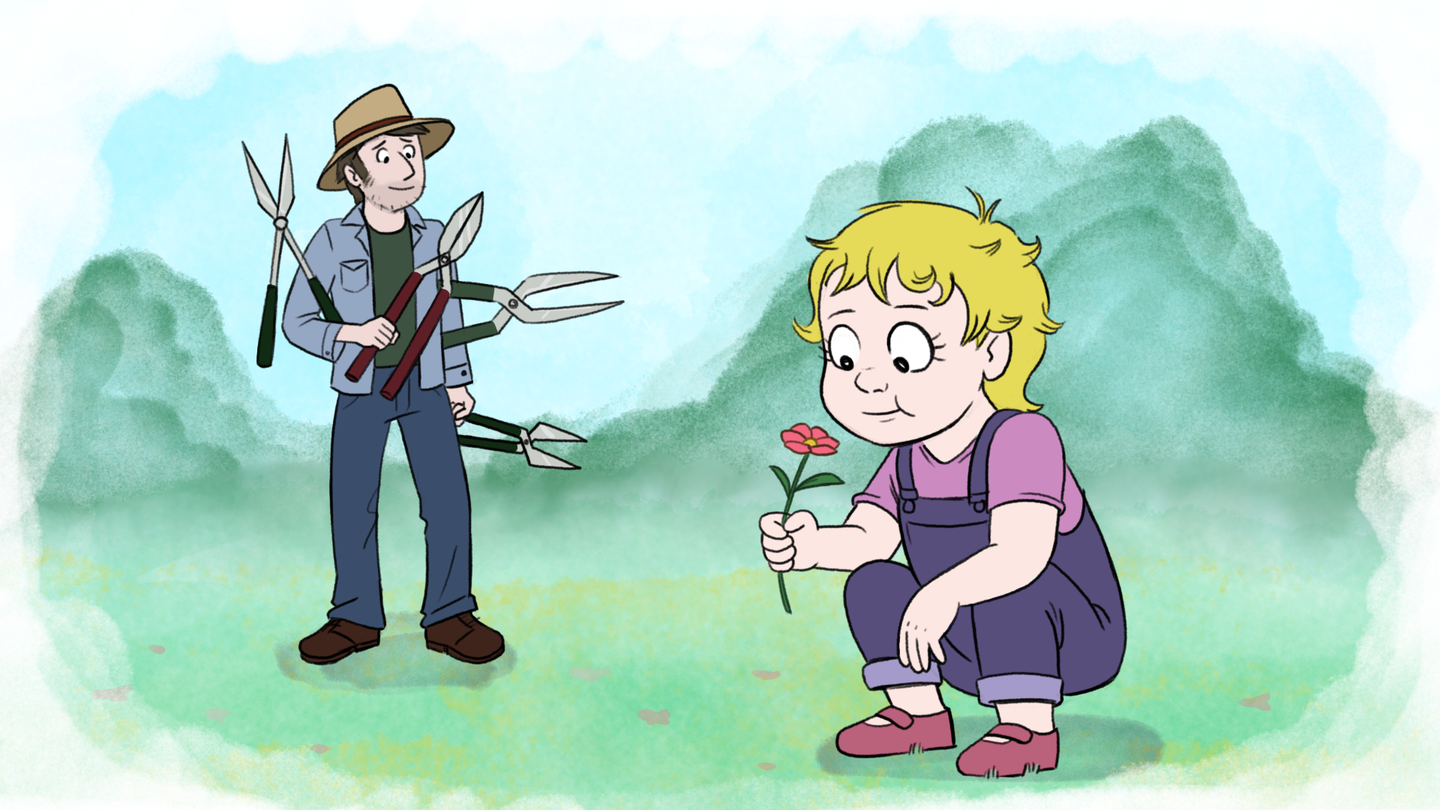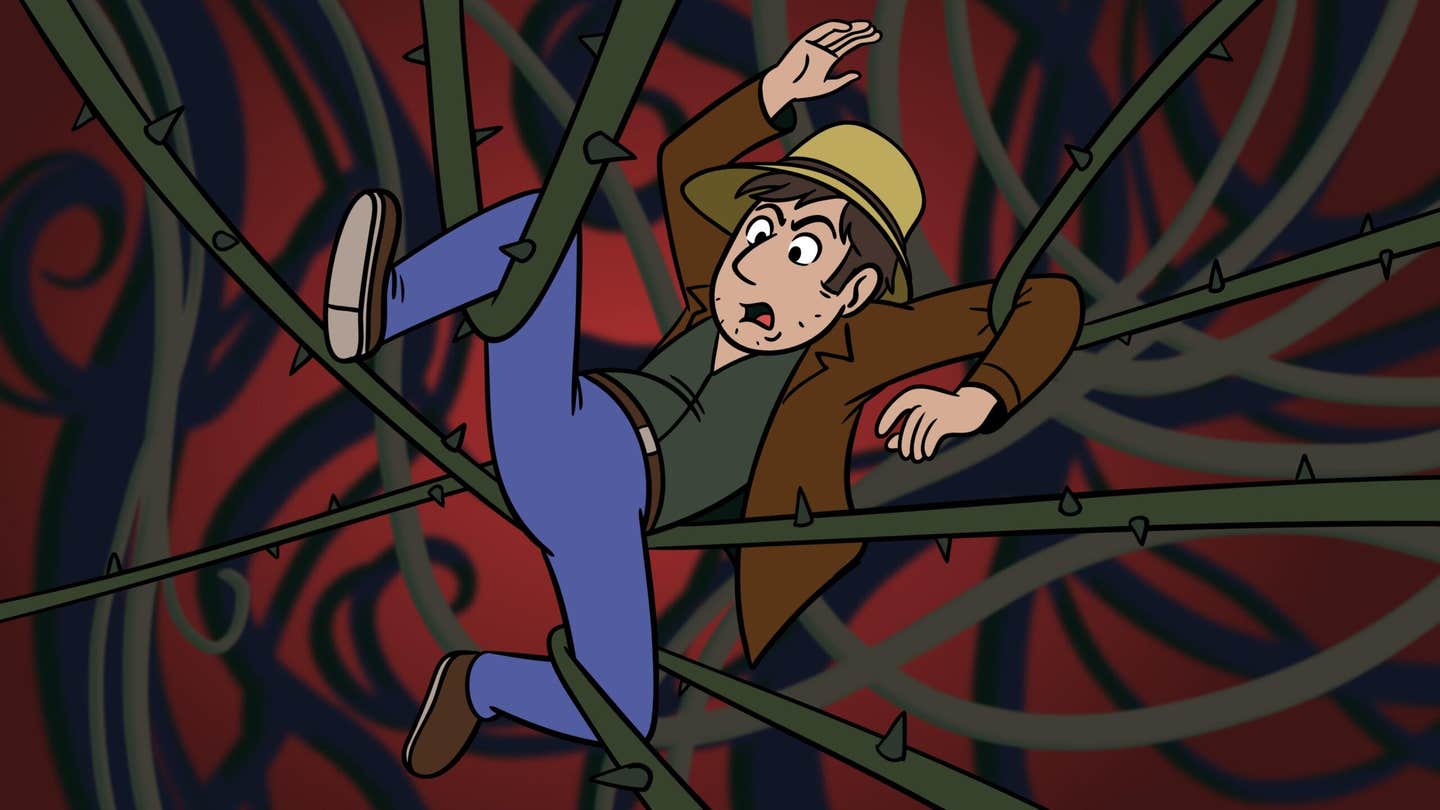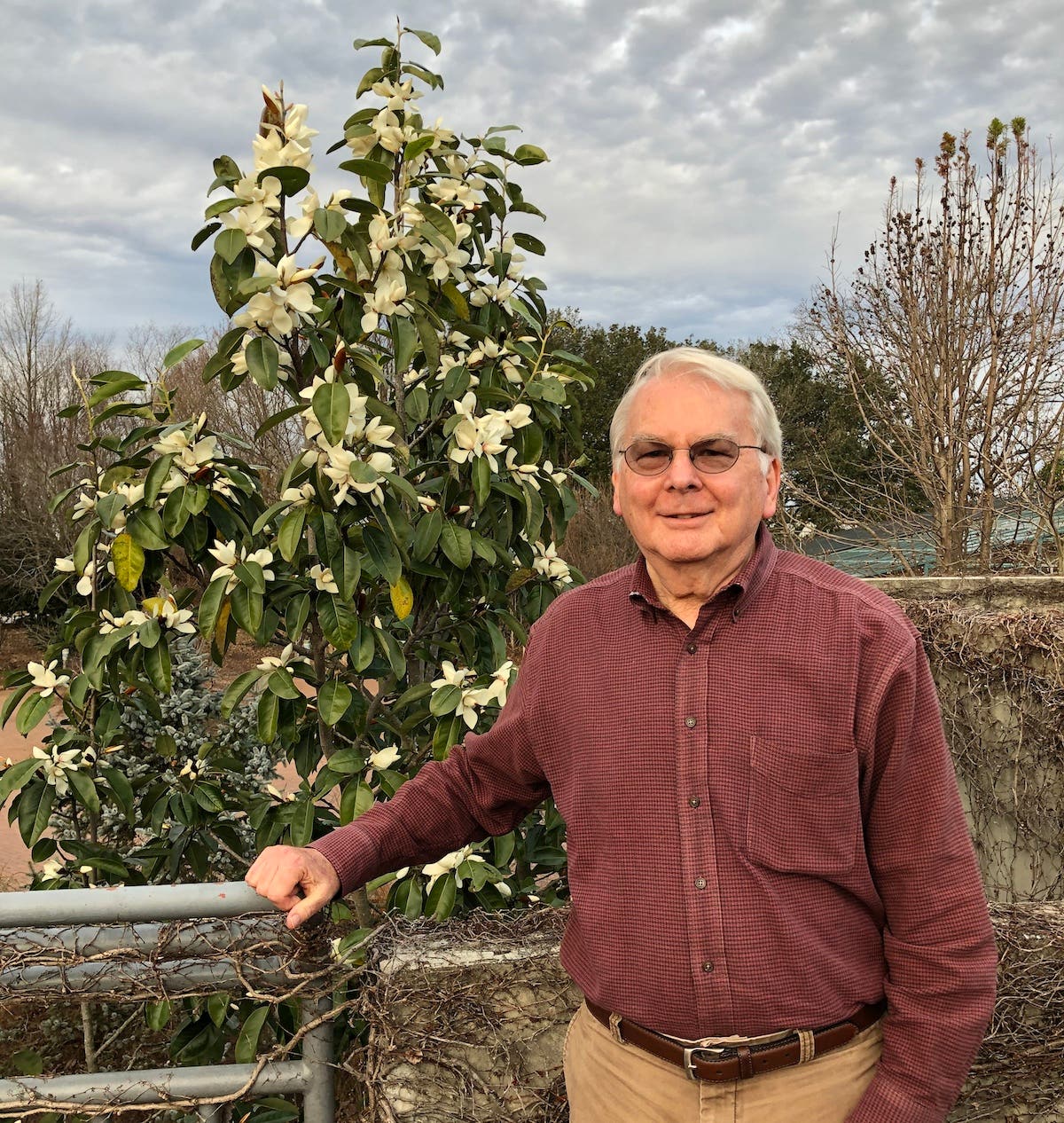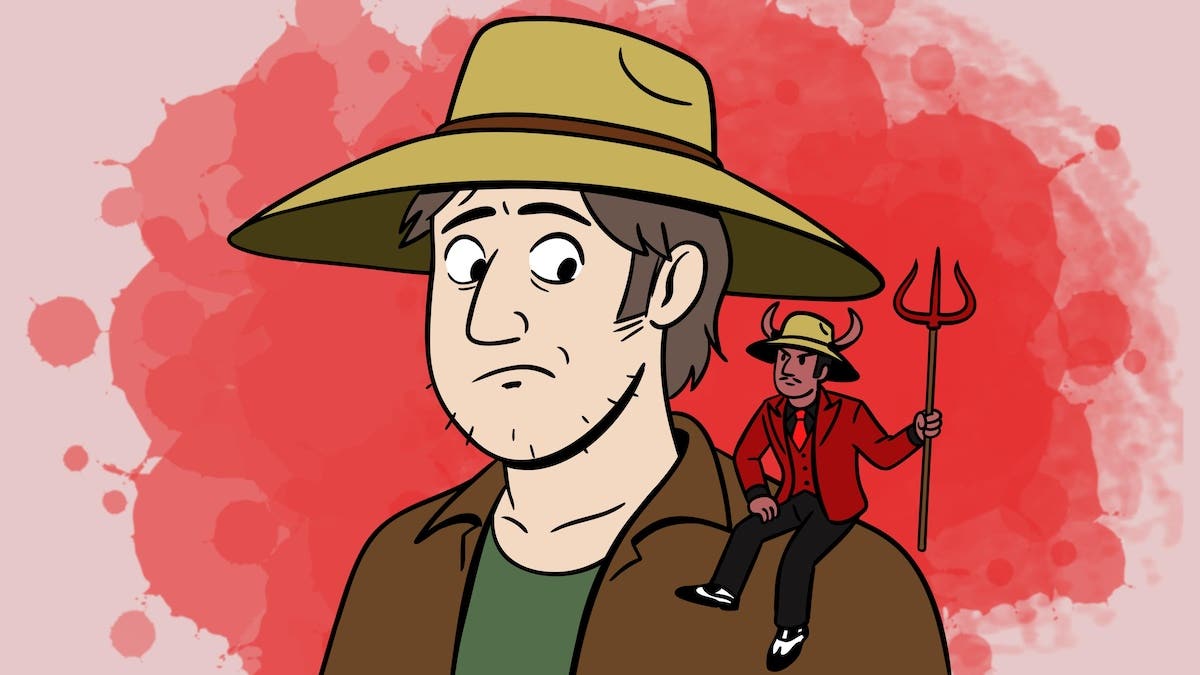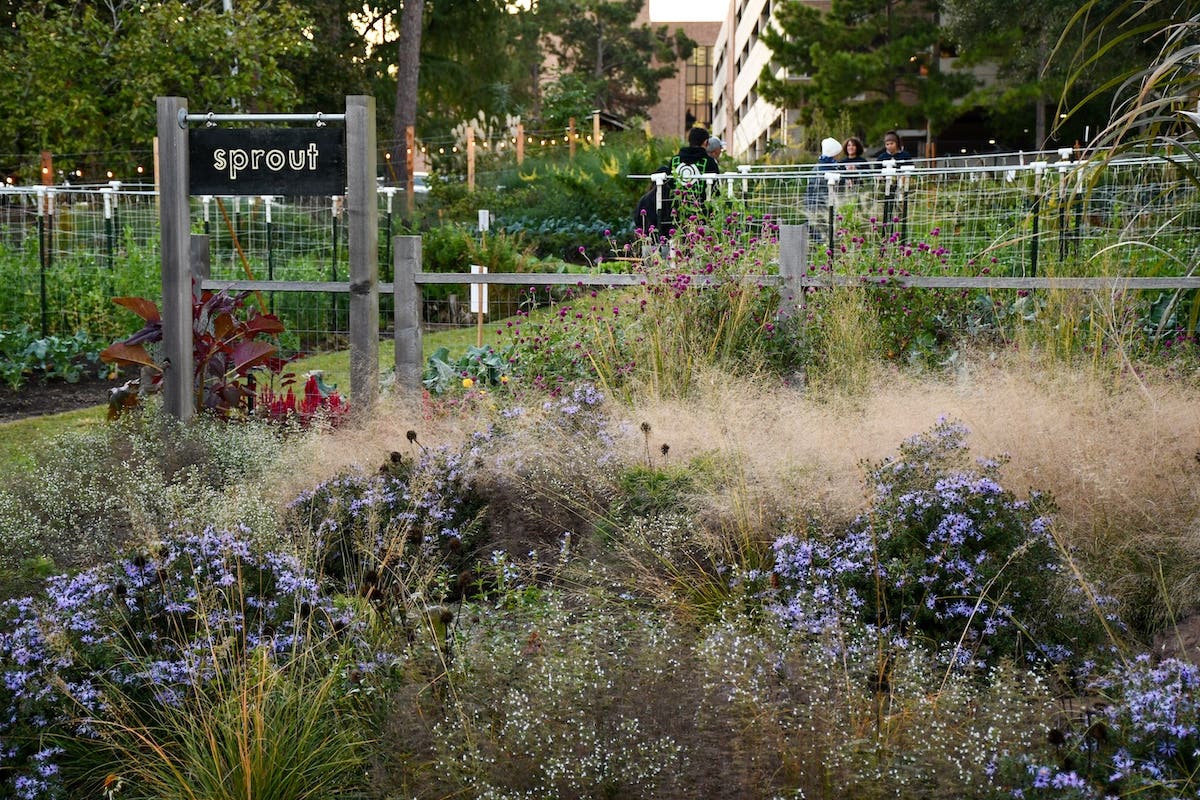Marianne Willburn Shares Her Go-To Books & Gardening Podcasts
This expert shares her thoughts on garden media today
Marianne Willburn is an author and speaker who educates and encourages fellow garden lovers through media both classic and new. A regular contributor to the GardenRant blog, she also cohosts the podcast The Garden Mixer, which offers practical advice, personal opinions and plenty of humor. She has won three Gold Media Awards from Garden Communicators International for her writing. When she’s not at her desk, Marianne is working on her garden in the woodlands of Northern Virginia or guiding travelers on garden-themed international tours. Catch up with her at mariannewillburn.com.
Q&A with Marianne Willburn
Scott Beuerlein: You have broad experience across all forms of garden communication. Give us the quick rundown.
Marianne Willburn: I hear this question and think, “He’s got me confused with someone else,” but I suppose you’re right. I started as a columnist for small newspapers in 2009, moved online to blogging, was an opinion columnist for The American Gardener magazine, wrote two books and joined GardenRant as a contributing editor in 2020. I’m still a freelance writer for Better Homes and Gardens, The Wall Street Journal and other periodicals like Horticulture, and I speak to groups all over the country—as well as taking small groups abroad to visit great gardens.
And now, strangely but wonderfully, I find myself podcasting weekly at The Garden Mixer and trying to navigate the social-media sphere with a smile on my face. No wonder my garden is out of control.
SB: Let’s start old school. Words printed in books. Is there a place for garden books in the modern world?
MW: That’s a big topic. My answer is yes, but only if publishers recognize and build on the singular advantage that books hold over web-based media. A beautifully written and designed book has the capacity to build and hold focus, which facilitates deep, uninterrupted and—dare I say—unobserved study.
What is the point of reading a book that has chased an influencer’s influence and reads like a poorly printed version of a quickly consumable website? When gardeners pick a book off the shelf or browse for one online, they are looking for something different: industry-recognized experts with a strong voice, and production values that make them fall in love the moment the pages fall open.
Publishers are in a tricky place right now, but if they can strive for this kind of experience, they will create books that live well beyond that magical six-month marketing window.
So, yes, but with caveats.
6 go-to garden books on Marianne’s shelf
Here are three plant-type-specific books Marianne recommends, her go-to for sorting botanical Latin, plus a pair of general gardening books that deserve space in any gardener’s library:
- The Complete Book of Ground Covers – Gary Lewis (Timber Press, 2022)
- Grasses for Gardens and Landscapes – Neil Lucas (Timber Press, 2023)
- The Complete Book of Ferns – Mobee Weinstein (Cool Springs Press, 2022)
- The Gardener’s Botanical: An Encyclopedia of Latin Plant Names – Ross Bayton (Princeton University Press, 2020)
- American Horticultural Society Essential Guide to Perennial Gardening (Cool Springs Press, 2025)
- The Old Farmer's Almanac Vegetable Gardener’s Handbook (Old Farmer’s Almanac, 2019)
SB: With new plant introductions coming in torrents, keeping reference manuals by authors like Michael Dirr and Allan Armitage current has become so difficult. But are there internet references that are any better?
MW: These older manuals will always have a place in my library—and I’m sure yours, too. Not only are they a historic record of taxa and technique, but you cannot beat sitting down with Dr. Dirr and diving deep into specific genera without having to skip around on web pages. I was just doing this recently with Viburnum, the great confuser.
But yes, with the incredible number of new cultivars and taxonomic switcheroos, it’s difficult to find current information if the book is not updated or new manuals are not published. In the digital realm, looking to our academic institutions and public gardens is best practice.
Sites such as Missouri Botanic Plant Finder, the North Carolina State Extension Plant Toolbox, Chicago Botanic Plant Evaluation, Mt. Cuba, IDS Trees and Shrubs Online and The Pacific Bulb Society and others are really stepping up to provide trusted, easily accessible information.
SB: A lot of online content reads like an aggregation of other online content, with just some of it seeming to come from actual horticultural knowledge and experience. And then add AI into the mix…
MW: I worked for a few years writing plant descriptions for online nurseries, and even before AI moved into that sphere, it was eye-opening to see how much info was simply copied and re-copied over the internet—with the original source often the company marketing the plant!
Actual experience with a specific plant really stood out when you came across it—which highlights the difficulty of maintaining a decent laboratory-garden or nursery and having the time to research, write and promote one’s writing in a digital age. It leaves you on the edge of sanity most days, and many garden writers have very small gardens as a result.
Now much of that work is done by Large Language Model AI, and (hopefully) edited by subject-matter experts, but you’re right—the actual experience with a plant is even further diluted. AI is the GOAT when it comes to successful plagiarism.
I think we’re all feeling a little dazed and confused—eager to utilize the good things in AI, terrified of what it may do to our need, as human beings, to lead purposeful lives. Right now, AI is extremely useful to compile information, create transcripts, edit video and juxtapose pictures for a quick laugh during a presentation, but I suspect that our future as human creators will hinge on our ability to formulate new and better questions for it.
SB: Podcasting is exploding. How does a gardener shop podcasts? What are some of the best that you’ve seen? Would that include your own?
MW: Exploded is an understatement; but of all the “new media” out there, this is the one I feel best about producing, because I know that gardeners can listen and get on with the numerous tasks that make up the fabric of our lives.
Instead of sitting down, opening the phone and watching an hour-and-a-half disappear down addictive rabbit holes, listeners can weed with a smile on their face, learn something and occasionally laugh out loud. That’s important to me. I want to encourage people outside.
As for what to look for, that’s easy: voices that charm you and challenge you with expertise, honesty and humor—the same way you pick the writers you love. Despite what non-gardeners think, gardening shouldn’t be boring. Even when it’s tedious (and it can be) you’ve got to laugh. That’s what Leslie Harris and I strive for on The Garden Mixer.
My most recent podcast find is Scribehound’s new gardening podcast with Joe Swift and James Alexander-Sinclair (Scribehound Gardening). They take the same approach that Leslie and I do but from a male, British perspective—an organic, honest conversation with a lot of smart-assery thrown in. I’m enjoying it tremendously.
Marianne’s gardening podcast playlist
When she’s not cohosting The Garden Mixer podcast with Leslie Harris, Marianne particularly enjoys listening to these programs:
- The Joe Gardener Show with Joe Lamp’l – solid, dependable advice on a range of gardening topics.
- A Way to Garden with Margaret Roach – delivers a perfectly sized portion of current people/books/trends in horticulture, tempting you to dive deeper.
- The Gardenangelists with Dee Nash & Carol Michel – a gentle, honest hour with two Midwestern gardening experts.
- Gardeners’ Question Time – the BBC’s long-running expert panelist show, which answers real questions in real time. Fun and funny.
Follow Marianne:
Images courtesy of Marianne Willburn


